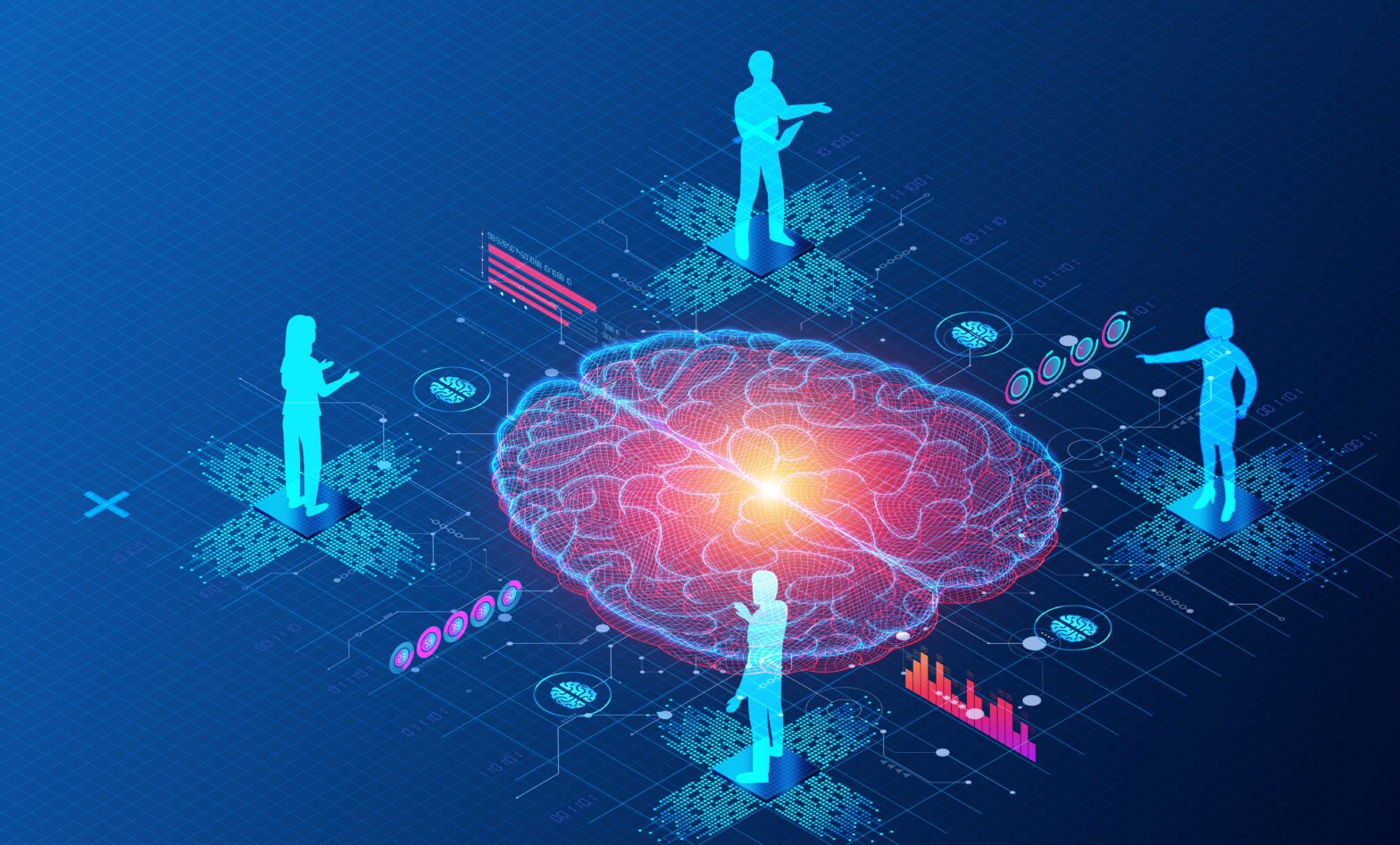The newspaper is dead — this isn’t the case. But, there is a need for the traditional media giants to modernise their centuries-old practice.
The media industry is similar to any other, in that it is also looking to embrace digital. It is not afraid to do so, and has already transformed itself in multiple iterations that we now, simply, take for granted. The digitisation of The Economist and The Times both online and in-app, for example.
The reason for this is that in the increasingly fast-paced, mobile lives of readers, they expect news to be delivered to them — across multiple channels — minute-by-minute.
To meet this changing demand, media companies are continually looking for ways to improve, expand and simplify their offerings. They can take this a step further with a move to the cloud.
It’s one thing to modernise a product, but there is now a need to modernise the infrastructure — which is exactly what The Telegraph UK has done.
A story of digital transformation: Accenture assists Carlsberg in cloud transition
Reimagining media in the clouds
After more than 160 years the newspaper is fully migrating over to Google Cloud’s platform. The Telegraph was, in fact, an early adopter of cloud technology — ‘it’s been a G-Suite customer since 2008 and has already been using Google Cloud Platform to analyse digital behaviours to improve engagement and advertising performance since 2016,’ wrote Matt McNeil, customer engineering director, Google Cloud UK & IE.
But, today, by migrating all their production and pre-production services over to the cloud, the newspaper will be able to deliver content faster and provide a compelling, cross-channel experience to readers, while reducing the organisation’s environmental impact.
“We are delighted to announce our newest collaboration with Google Cloud,” said Chris Taylor, chief information officer, The Telegraph. “We have always worked closely with Google as they help us to provide our readers with great experiences on our digital products, collaboration software and internet scale through search. Their continued leadership in projects such as Kubernetes are enabling us to build flexible development environments that truly support DevOps.”
Powering the future of Digital Publishing
The Telegraph, similar to now every single newspaper, produces large volumes of digital content every day.
To maintain this and indeed, grow the service, it was necessary for the newspaper to fully migrate to the cloud — but which provider? Presumably, the organisation’s history with Google made the choice simple — they needed a provider who they knew and trusted to support their ecosystem.
‘By working with Google Cloud they have changed the way they see and engage with data: they can collect new information about their products every second and use that to continually hone their strategy,’ continued McNeil. ‘The Telegraph are placing more confidence and trust in the data captured about their content and now have one of the best available pieces of technology for capturing and analysing the stories they publish in real-time.’
Key considerations for a successful cloud migration
AI journalism
The transition to the cloud has allowed The Telegraph’s journalists to leverage the capabilities of artificial intelligence — of course, we were going to cover this story!
The Telegraph wanted to put important data in the hands of its journalists, which is exactly the same in other organisations, it’s just different data.
To do this, it will be using Google Cloud’s AutoML technology to classify content and make it more easily searchable for journalists, as well as offering readers a personalised news experience through an app.
Compelling reader experiences via APIs
Personalisation is the name of the game, and for readers this is a growing demand.
‘To meet this need,’ wrote McNeil, ‘The Telegraph launched My Telegraph, currently live in beta, to offer registered readers personalised news experiences based on their interests or the particular journalists they want to follow.
‘My Telegraph was developed on an API management platform provided by Google Cloud’s Apigee.’
The future of robotics: A convergence of the physical and digital
The environmental footprint
The Telegraph is one of the biggest selling newspapers in the UK. This means that it has to print and distribute hundreds of thousands of copies each year.
‘Optimal management of print production is important, and by using a combination of the cloud and machine learning, The Telegraph is better able to predict demand for physical newspapers, maximising sales and minimising waste,’ continued McNeil. The business and environmental benefits are evident.
The future of media?
Many hope that newspapers will not die. But, the reality is that print is dwindling. However, the content produced still has an important part to play in informing opinions on important subject matters. The need for an unbiased source of information on the world — environment, politics, war, science — is today more important than ever before (with the rise of social media and spread of ‘fake news’).
Perhaps, the journey to the cloud can help media organisations continue to deliver this all important source of information in this digital-first world.







